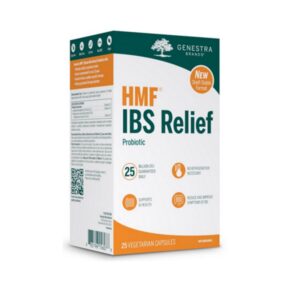
You can make several lifestyle and dietary changes today to strengthen your immune system.
1. Get enough sleep
Sleep and immunity are closely tied. Getting adequate rest may strengthen your natural immunity. Also, you may sleep more when sick to allow your immune system to better fight the illness. Adults should aim to get 7 or more hours of sleep each night, while teens need 8–10 hours and younger children and infants up to 14 hours.
If you’re having trouble sleeping, try limiting screen time for an hour before bed, as the blue light emitted from your phone, TV, and computer may disrupt your circadian rhythm, or your body’s natural wake-sleep cycle.
Other sleep hygiene tips include sleeping in a completely dark room or using a sleep mask, going to bed at the same time every night, and exercising regularly.
2. Eat more whole plant foods
Whole plant foods like fruits, vegetables, nuts, seeds, and legumes are rich in nutrients and antioxidants that may give you an upper hand against harmful pathogens.
The antioxidants in these foods help decrease inflammation by combatting unstable compounds called free radicals, which can cause inflammation when they build up in your body in high levels.
3. Eat more healthy fats
Healthy fats, like those found in olive oil and salmon, may boost your body’s immune response to pathogens by decreasing inflammation.
Olive oil, which is highly anti-inflammatory, is linked to a decreased risk of chronic diseases like heart disease and type 2 diabetes. Plus, its anti-inflammatory properties may help your body fight off harmful disease-causing bacteria and viruses.
Omega-3 fatty acids, such as those in salmon, fish oil, and cod liver oil, fight inflammation as well.
4. Eat more fermented foods or take a probiotic supplement
Gut health and immunity are deeply interconnected. Fermented foods and probiotics may bolster your immune system by helping it identify and target harmful pathogens.
5. Limit added sugars
Added sugars contribute significantly to obesity, type 2 diabetes, and heart disease, all of which can suppress your immune system. Lowering your sugar intake may decrease inflammation and your risk of these conditions.
6. Engage in moderate exercise
Moderate exercise can reduce inflammation and promote the healthy turnover of immune cells. Jogging, biking, walking, swimming, and hiking are great options.
7. Stay hydrated
Dehydration can cause headaches and hinder your physical performance, focus, mood, digestion, and heart and kidney function. These complications can increase your susceptibility to illness.
To prevent dehydration, you should drink enough fluid daily to make your urine pale yellow. Water is recommended because it’s free of calories, additives, and sugar.
As a general guideline, you should drink when you’re thirsty and stop when you’re no longer thirsty. You may need more fluids if you exercise intensely, work outside, or live in a hot climate.
It’s important to note that older adults begin to lose the urge to drink, as their bodies do not signal thirst adequately. Older adults need to drink regularly even if they do not feel thirsty.
8. Manage your stress levels
Relieving stress and anxiety is key to immune health.
Long-term stress promotes inflammation, as well as imbalances in immune cell function.
Activities that may help you manage your stress include meditation, exercise, journaling, yoga, and other mindfulness practices. You may also benefit from seeing a licensed counselor or therapist, whether virtually or in person.
Reference
https://www.healthline.com/nutrition/how-to-boost-immune-health









